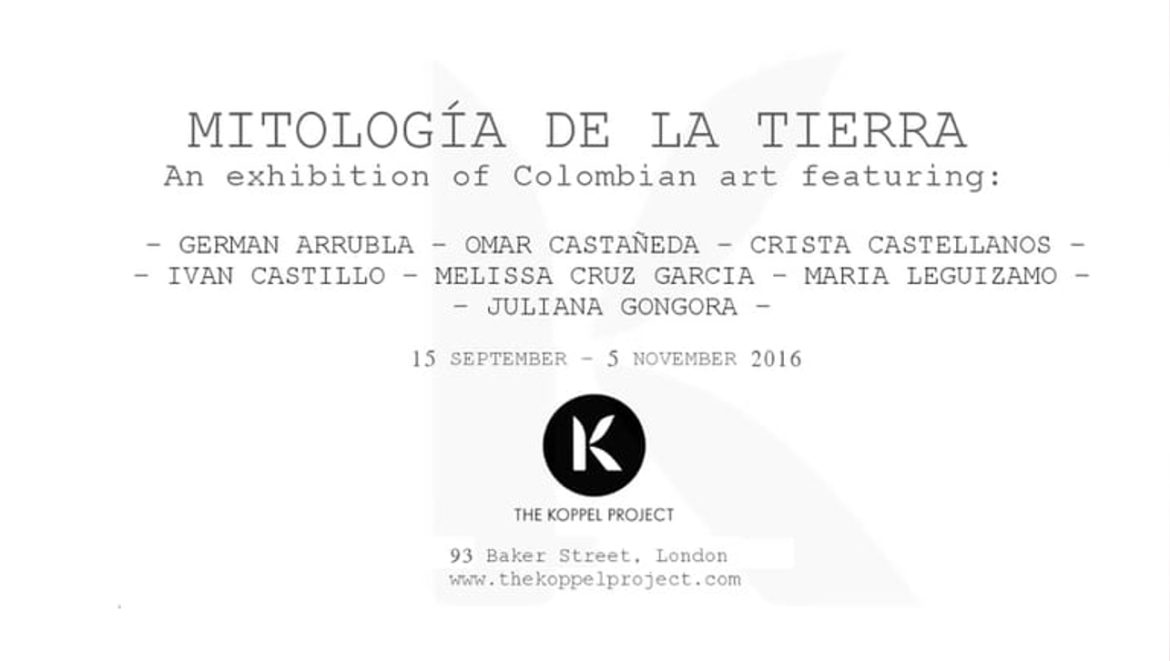1.4K
A short interview with Usifu Jalloh, story teller from Sierra Leona.
If we understand that our lives, that we live from the time we wake up in the morning till the time we go to bed at night. That our lives are either telling a story, watching a story, listening a story or reading a story or doing a story. That’s what our lives is really all about. When you can be very aware of what your story is, your narrative, what it is, that’s when you are ready to change what you don’t like in your narrative. I’m Usifu Jalloh, otherwise some people call me The cowfoot prince, I’m a storyteller, I see myself as an architect of social change and cultural awakening.
Before I came to Colombia I told one of my best friends that I was coming to Colombia, the first thing he says: “Be careful so that they don’t kidnap you. But here I am in Colombia in the beautiful Botanical Garden, birds chirping in the air, the weathers is beautiful, with very beautiful people, it’s nice, Which narrative do we believe? You see?My country Sierra Leone went through a war narrative over 10 years and the stories told all over the world. And then we realise that we don’t like that narrative. So, we had peace.
The press tells a story, and here we go again, the press tells a story of what they want us to… or what they want to hypnotise us with. But I choose as a storyteller to tell the full story, to tell the round, complete story. Why? Because I am whole, I am complete, I am a circle, and I believe every human being is a circle, is complete. So, therefore, we have to think very carefully and be very conscious about what narratives we tell.
The key to the emotion is rhythm, is music. The key to opening the mind is emotion. Our whole body is rhythm, your heart is beating rhythmically, when your heart misses a beat you know it! I listen to the drum, as the drummer listens to the songs and the drummer watches the dances, everything is closely knit together. Every dance we do tells a story, every drumming we do tells a story, so dancing is just the physical expression of an oral narrative or let me go even further, a spiritual narrative. And dancing is just one wonderful way so we can visualise it.
Jack and the beanstalk, is a very interesting story. Who is Jack who is the giant? And this is a world wide famous story. Jack and the beanstalk When that story is told from the European point of view, the giant is the villain. But let us tell the story from the giant’s point of view. Who went in and stole the giant’s golden nuggets and so on? Who? Who went up there and stole?
So when we look at the narratives that has been told to us by the neocolonialism. We got to check that Colombia’s narrative, Argentina’s narrative, Peru’s narrative, Sierra Leona’s narrative and on and on and on, so we can really understand what are those narratives are, what are those stories, who’s point of view are we looking at?
We think many times that we are so educated. And we go into communities and we don’t respect their culture, we don´t respect their narratives, because we think we are educated. And then we go in there and then we do things and disrupt the rythm of that community, and we walk away thinking it won’t affect us, no, the shit will follow. You’re a corporate organisation you come to Colombia you build a dam and you deprive the people from their fish from their natural resources, it will come back to bite you. So whether you sell weapons to other countries to fight their wars, guess what, it will come back to bite you it will follow you and will stink behind you. It will come back to bite you.
What’s earth if it’s not the plant? What’s earth if it’s not the ant? What’s earth if it’s not you? You cannot say the leaves are beautiful and then you say the root is ugly. Those leaves, those beautiful leaves are born from that root that is under that ground. And those leaves will go nowhere if that root is not fertilised, is not fed, respected. When we talk about native Americans, how many years have they lived with nature? Thousands of years. We understand one thing: we are custodians of the earth. I strongly believe that the success of any man or woman. The success of every nation is entirely dependent on the narrative that they believe. Entirely depends on that narrative. What are you being? What are you believing?
So I love to tell stories that can challenge people to think about their own narratives. What’s your own narrative?
“The Narratives We Tell” is a short video documentary based on an audio interview with the African storyteller Usifu Jalloh, during his visit to Colombia (2015). Produced by Milo Cabieles (Nimba Danzas Africanas) and Crista Castellanos. “The Narratives We Tell” offers a glimpse at the current transition Colombia faces, from the long armed conflict to the gradual construction of a history of peace. We are the stories we tell and we have to the power to change those that confine us.
